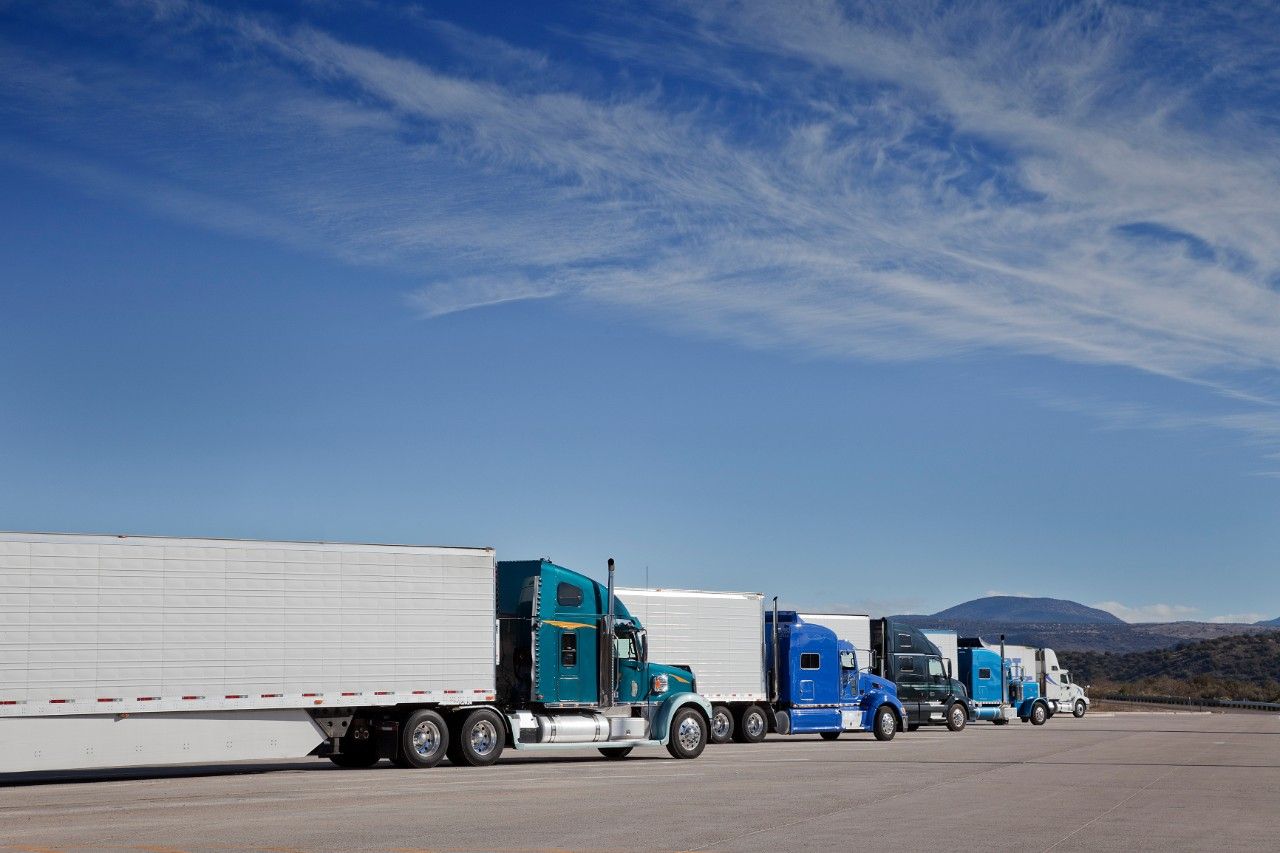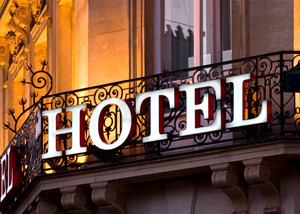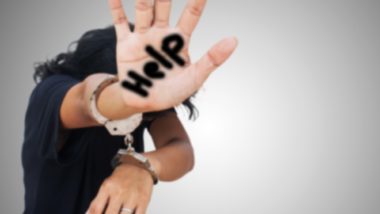Top Class Actions’s website and social media posts use affiliate links. If you make a purchase using such links, we may receive a commission, but it will not result in any additional charges to you. Please review our Affiliate Link Disclosure for more information.
Human trafficking is a severe and widespread problem affecting millions of victims around the globe, including in the United States.
Sex trafficking is a billion-dollar industry, estimated to bring in about $99 billion worldwide, according to USA Today.
But it’s not just the sex traffickers themselves who profit in this industry. Some businesses, such as hotels, truck stops, and massage parlors, may be used to help facilitate trafficking operations.
Truck stops are commonly used for sex trafficking because they are often in remote locations and their customer bases are just passing through, according to the National Human Trafficking Hotline. These locations provide a way for traffickers to avoid the attention of law enforcement or concerned citizens who might step in.
Fake massage parlors disguising brothels are another facilitator when looking at how truck stops are used for sex trafficking, as these brothels are often at or near truck stops.
Signs of Sex Trafficking at Truck Stops
Sex trafficking doesn’t always look the same.
For instance, people who are being sex trafficked can be controlled in a number of ways, including through confinement or manipulation such as debt being held over them or threats to their physical safety. Traffickers may have a connection with their victims, such as friends or family members, or they may be strangers.
While many victims are lured into sex trafficking via online advertisements, according to research conducted by the Polaris Project, a significant number of victims are recruited by intimate partners or family members.
Traffickers often prey on victims’ vulnerabilities in order to coerce them into trafficking.
Although not all instances of trafficking look the same, according to the U.S. Department of Homeland Security (DHS), there may be some signs of sex trafficking that truckers, workers at truck stops, and ordinary citizens may be able to watch for.
Victims of trafficking may show bruises, recent injuries, or other signs of physical abuse. They may also be timid, fearful, or exhibit submissive or nervous behavior.
Victims may be poorly dressed or wear inappropriate or ill-fitting clothing, or show signs of poor hygiene, and may appear to be malnourished or suffering from a lack of sleep.
They may also not be in possession of their own money, phone, or identification, or they may have to check in with someone who seems to be in control of them.
Victims come from all demographics and backgrounds. However, there are some common vulnerabilities traffickers use to exploit their victims, such as homelessness, unfamiliarity with their surroundings, and more.
In some cases, the traffickers may be working alone, or they may be part of a larger trafficking ring. They can use force, fraud, coercion, or any combination thereof to control their victims.
Another reason truck stops are frequently places of sex trafficking is because victims are often moved regularly from city to city, and truck stops can be used to turn a profit along the way.
Fighting Sex Trafficking at Truck Stops
People are fighting back against sex trafficking.
A group of truckers started an organization called Truckers Against Trafficking (TAT) in an effort to educate truckers about sex trafficking and teach them how to respond.
Hundreds of thousands of truckers have been trained by TAT so far, and thousands of calls have already been made by truckers to the national TAT hotline.
“Most people say it’s the world’s oldest profession,” Gary Smith, a trucker who works with TAT, told The New York Times. “I correct them: it’s the world’s oldest oppression. These are slaves.”
In addition, more and more victims of human trafficking are now turning to litigation, filing lawsuits against organizations or companies that may have facilitated their trafficking. Lawsuits have named truck stops such as Love’s, according to ABC13, and TravelCenters of America, Daily Kos reported.
Additionally, many recent lawsuits have been filed by victims who were housed in hotels, motels, or Airbnbs at some point during their trafficking.
According to these victims, many employees or staff members at these hotels failed to recognize the signs of sex trafficking or step in to intercede.
By training hotel and truck stop employees to recognize many of the potential signs of trafficking, future victims may be safer. By knowing how truck stops are used for sex trafficking, employees may be better equipped to notice and respond to potential instances of exploitation.
If you were a victim of sex trafficking and were forced to work at a truck stop or another venue such as a hotel or motel, you may be able to file a civil lawsuit and pursue compensation. Filing a lawsuit cannot take away the pain and suffering caused by human trafficking, but it can at least offer some kind of compensation, as well as hold those responsible accountable.
Filing a lawsuit can be a daunting prospect, so Top Class Actions has laid the groundwork for you by connecting you with an experienced attorney. Consulting an attorney can help you determine if you have a claim, navigate the complexities of litigation, and maximize your potential compensation.
If you were a victim of sex trafficking and forced to work at a truck stop, hotel or motel, night club, or other hotel venue, you may be eligible to move forward with a civil investigation against these businesses. This investigation involves a civil case and is not a criminal case against you or your loved ones.
Top Class Actions is working with experienced human trafficking attorneys who will be informed and sensitive to your situation. Join the fight by filling out the short form on this page.
ATTORNEY ADVERTISING
Top Class Actions is a Proud Member of the American Bar Association
LEGAL INFORMATION IS NOT LEGAL ADVICE
Top Class Actions Legal Statement
©2008 – 2024 Top Class Actions® LLC
Various Trademarks held by their respective owners
This website is not intended for viewing or usage by European Union citizens.
Get Help – It’s Free
Help for Human Trafficking Survivors
If you qualify, an attorney will contact you to discuss the details of your potential case at no charge to you.
E-mail any problems with this form to:
Questions@TopClassActions.com.













